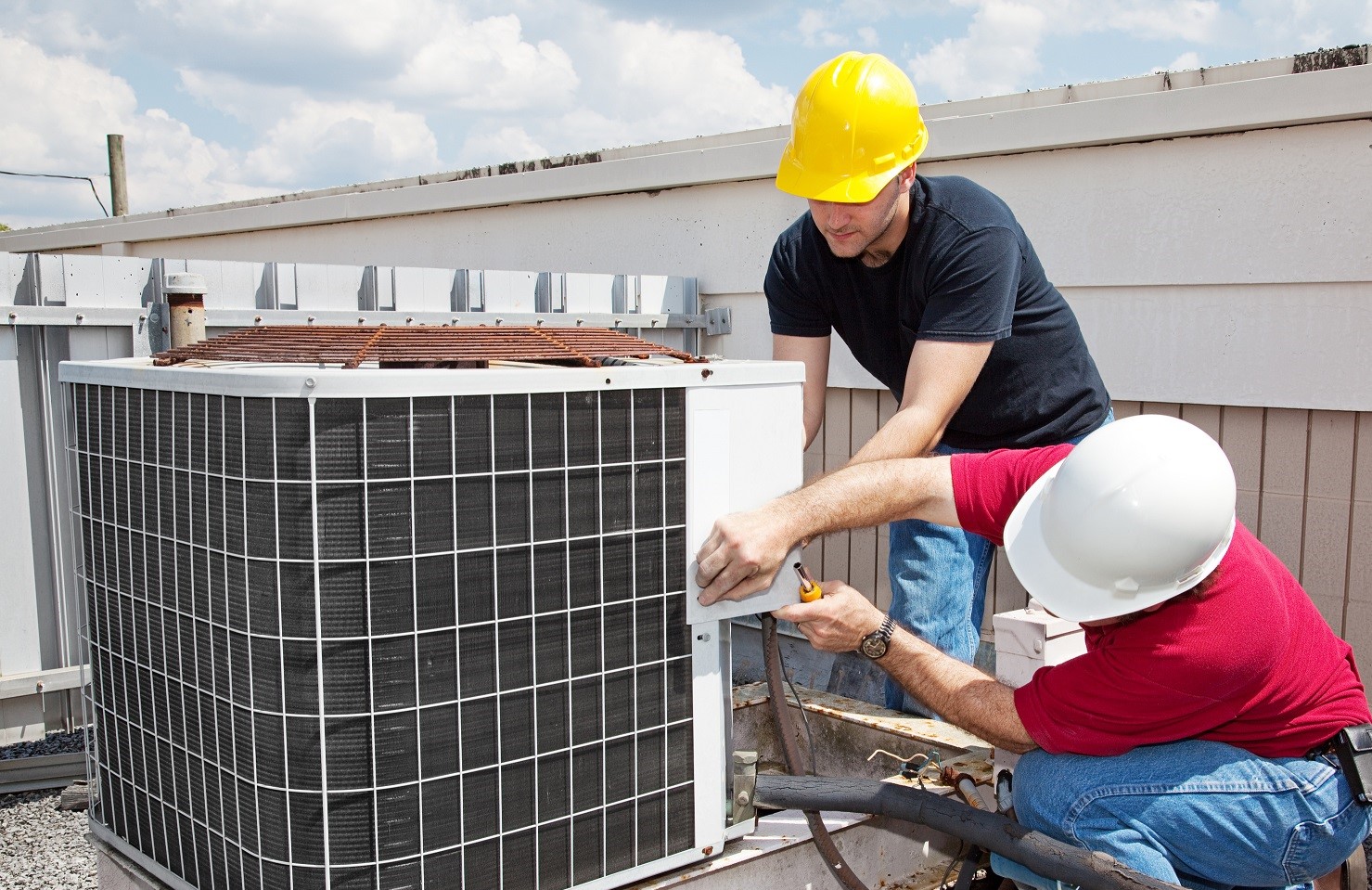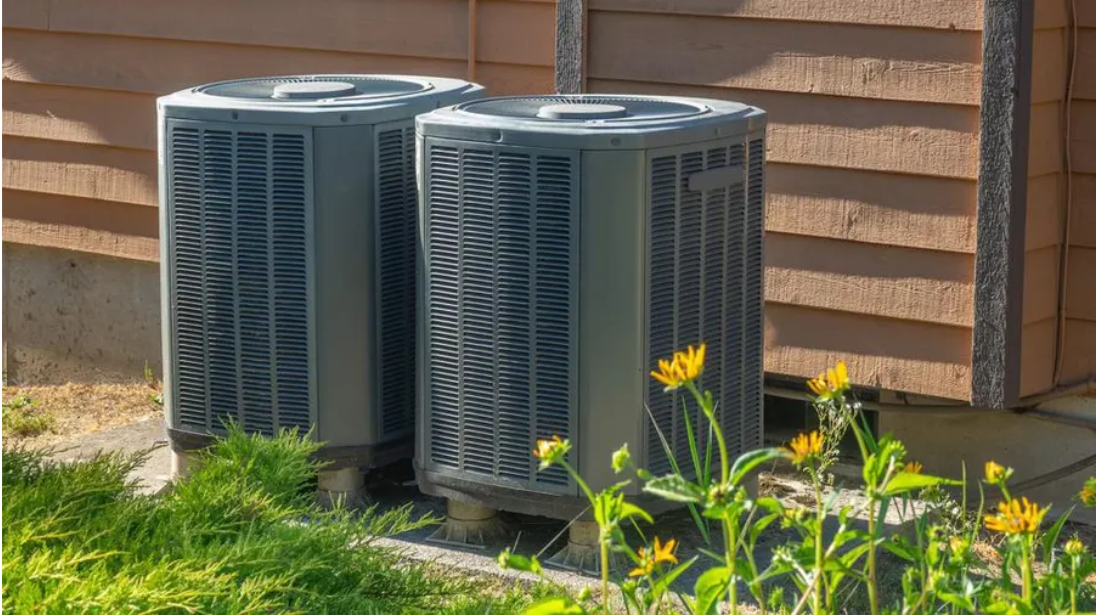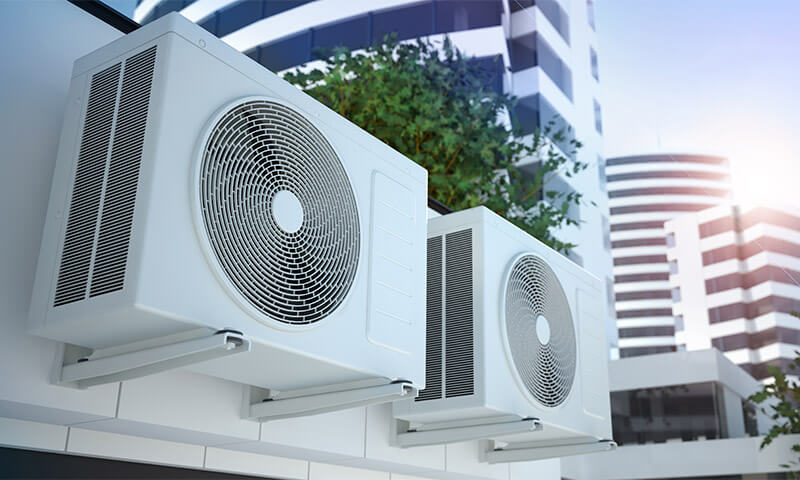All You Need to Know About HVAC System
Published on 2024-08-25
Maintaining a comfortable and healthy indoor environment is crucial, whether at home, in the office, or any other building. This is where HVAC systems come into play. HVAC, which stands for Heating, Ventilation, and Air Conditioning, is a vital component of modern living, ensuring that the spaces we occupy are climate-controlled and safe.
HVAC covering systems from home air conditioners to large industrial units. A well-designed HVAC system controls indoor temperature and air quality using principles from thermodynamics and heat transfer. Large external units, often found on building rooftops, and specialized equipment in regulated environments, highlight its applications in both residential and commercial settings.
Home HVAC systems, though smaller, operate on similar principles as larger systems. They can be tailored for heating or cooling based on climate needs. Advanced models with adjustable fan speeds offer better energy efficiency, making them more cost-effective over time.

Types of HVAC Systems:
Split Systems: Split systems are the most prevalent HVAC systems used in residential settings. They feature an indoor unit with the evaporator coil and air handler, and an outdoor unit containing the compressor and condenser. This arrangement enables effective heating and cooling of separate rooms or zones within a home.
Hybrid systems: Hybrid System are energy-efficient options that combine traditional heating methods with electric-powered heat pumps. They switch between the two energy sources depending on the temperature, making them cost-effective and environmentally friendly.
Ductless Mini-Split Systems: For homes or buildings without ductwork, ductless mini-split systems offer a flexible solution. These systems consist of an outdoor unit and one or more indoor units that can be installed directly in the rooms they serve. This allows for zoned heating and cooling, which can lead to significant energy savings.
Split Systems: Packaged systems combine all the components of heating and cooling into one unit, usually installed outside the building. These systems are common in commercial spaces and are ideal for buildings with limited indoor space.

How HVAC Systems Work
Heating is typically achieved using a heating system, which burns fuel to generate heat distributed through ducts, or a heat pump, which transfers heat from the air or ground indoors efficiently.
Cooling involves a refrigeration cycle where the evaporator coil absorbs indoor heat, which is then expelled outside by the condenser coil, resulting in cool, dehumidified air circulating back into the building.
Ventilation systems either use fans and ductwork for mechanical air exchange or rely on natural methods like windows and outlet to ensure a continuous flow of fresh air and removal of stale air.
Importance of Regular HVAC Maintenance
Regular maintenance, including tasks like changing filters, cleaning coils, and checking the thermostat, helps prevent breakdowns and ensures your HVAC system runs efficiently and reliably. Proper upkeep enhances energy efficiency, reducing utility costs by preventing issues that force the system to work harder. Additionally, maintaining your HVAC system extends its lifespan, avoiding costly repairs or premature replacements and maximizing your investment.

Benefits of Modern HVAC Systems
Modern HVAC systems are designed for energy efficiency, consuming less energy while improving performance compared to older models, which reduces both your carbon footprint and utility bills. The addition of smart technology, such as smart thermostats, allows remote control, scheduling, and personalized settings for optimized energy use. Enhanced comfort is achieved with features like variable speed fans and zoning capabilities, providing precise temperature and humidity control tailored to your needs.
Environmental Impact of HVAC Systems
Eco-friendly HVAC systems, including geothermal heat pumps and solar-powered units, are gaining popularity for their use of renewable energy sources and reduced greenhouse gas emissions. Additionally, the industry has transitioned to environmentally friendly refrigerants like R-410A and R-32, moving away from older, ozone-depleting refrigerants such as R-22, to lower global warming potentials.

How to select a suitable HVAC system
HVAC systems can be customized to heat or cool specific areas of a home by using local valves to control airflow selectively, which is especially valuable for larger buildings. They can also include features like humidifiers and dehumidifiers for moisture control, which is crucial in very dry or tropical regions. HVAC systems maintain temperature, humidity, and air quality, making them essential for transporting perishable items and ensuring a controlled environment. They effectively filter out pollutants, dust, and excess moisture, providing optimal comfort. Installing an HVAC system requires ample floor space for equipment and is crucial for building comfort and efficiency.

तपाईंले HVAC बारे जान्न आवश्यक सबै कुरा
HVAC (Heating, Ventilation, and Air Conditioning) Unit ले घरदेखि ठूला औद्योगिक भवनहरूमा तापक्रम, आर्द्रता, र हावाको गुणस्तर नियन्त्रण गर्छ। राम्रोसँग डिजाइन गरिएको HVAC प्रणालीले थर्मल आराम र आन्तरिक वातावरणीय नियन्त्रणको व्यवस्था गर्दछ, जसमा विभिन्न ताप, चिसो, र हावा प्रवाह नियन्त्रणका लागि स्थानीय भल्भहरू प्रयोग गरिन्छ। आधुनिक HVAC प्रणालीहरूले ऊर्जा दक्षता, स्मार्ट प्रविधि, र इको-मैत्री रेफ्रिजरेन्टहरूको प्रयोग गरेर घरको वातावरणलाई आरामदायी र वातावरणमैत्री बनाउँछ।
HVAC प्रणालीहरूले ताप र चिसोको नियन्त्रणसँगै ह्युमिडिफायर र डीह्युमिडिफायरहरू थप्न सकिन्छ, जसले अत्यधिक सुख्खा वा आर्द्र वातावरणमा बस्ने मानिसहरूका लागि महत्त्वपूर्ण सुविधा प्रदान गर्छ। यसले प्याकेज गरिएका खाद्य वस्तुहरू, जीवन्त औषधिहरू, र अन्य नाश हुने वस्तुहरूको सुरक्षित परिवहन सुनिश्चित गर्न मद्दत गर्छ, जबकि भवन निर्माणमा यो प्रणालीले पर्याप्त फ्लोर स्पेसको आवश्यकता पर्दछ र भवनको आराम र वातावरणीय नियन्त्रणमा महत्वपूर्ण भूमिका खेल्छ।
























